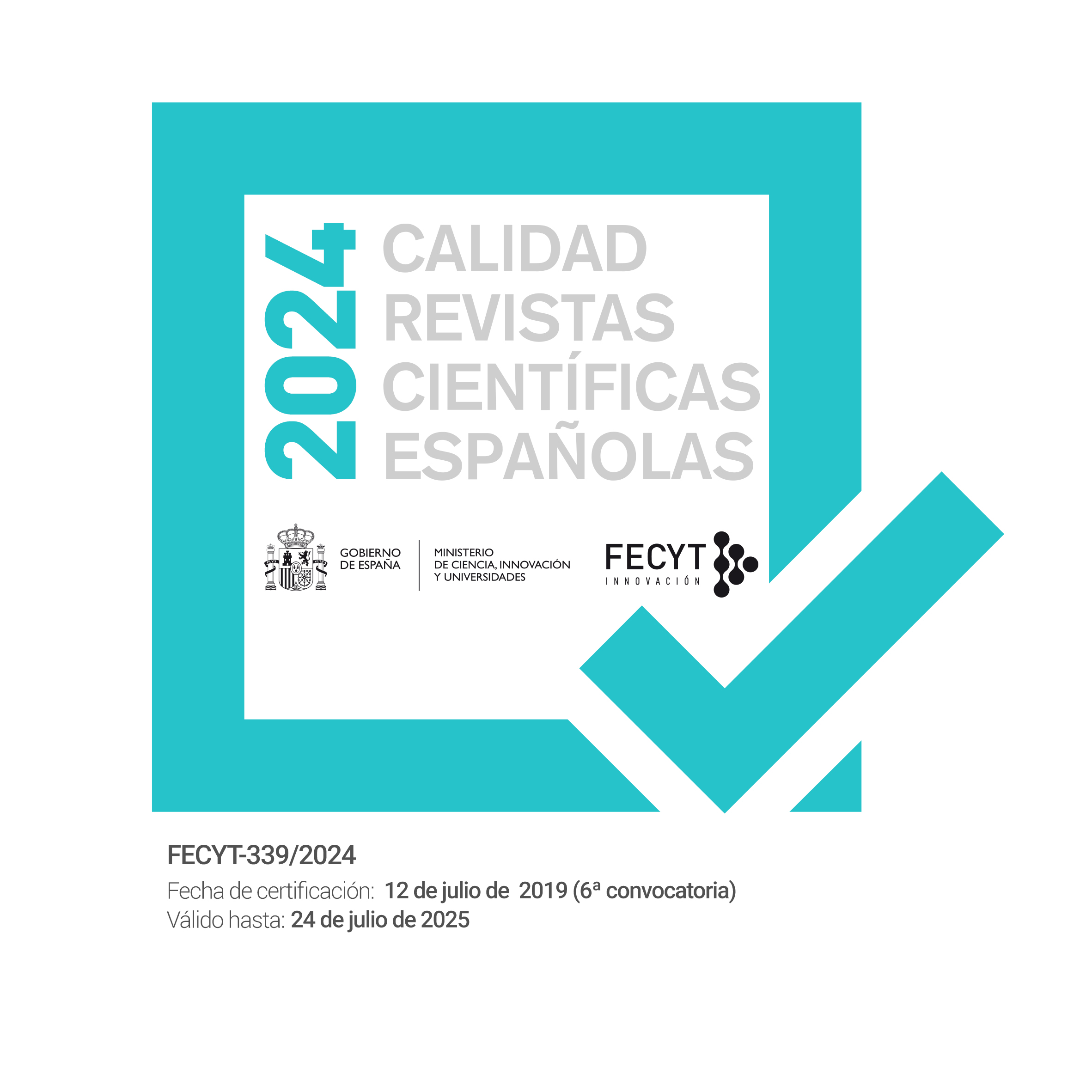Daya Krishna, the courage of thinking.
On Indian Philosophy in the Globalized World
DOI:
https://doi.org/10.24310/crf.16.1.2024.15340Keywords:
Global Philosophy, civilization, orientalism, epistemic provintialism, intellectual segregationAbstract
Daya Krishna (1924-2007) was one of the most creative, controversial and prolific thinkers of the 20th century. He worked intensely to undo the stereotypes commonly attributed to Indian philosophy, challenging the views that sought to reduce millennia of intellectual debate to merely religious, practical and spiritual parameters. A precursor of fusion philosophy and global philosophy, Daya Krishna belongs to that generation of 20th century Indian thinkers who undermined the foundations of epistemic provincialism, such as K.C. Bhattacharya or A.C. Mukerji, through writings in which they resort to multiple sources of knowledge to think about problems that challenge us in the present, questioning the very nature of philosophy. This essay aims to make their thought known to Spanish-speaking researchers, as well as to invite them to think with the thought of India, of any period and discipline, instead of approaching it with an «antiquarian» attitude that Daya Krishna himself refuted through his work.
Downloads
Metrics
Publication Facts
Reviewer profiles N/A
Author statements
Indexed in
-
—
- Academic society
- N/A
- Publisher
- Asociación para la promoción de la filosofía y la cultura en Málaga (FICUM) y UMAEditorial
References
Angot, M. (2009). Le Nyāyasūtra de Gautama Akṣapāda. L’art de conduire la pensée en l’Inde ancienne. París: Les Belles Lettres.
Aklujar, A. (2017). «History and Doxography of the Philosophical Schools». En Jonardon Ganeri (Ed). Oxford Handbook of Indian Philosophy. New York: Routledge, pp. 32-56.
Bushan, N. y Garfield, J. (Eds.) (2011). Indian Philosophy in English. From Renaissance to Independence. Oxford: Oxford University Press.
Ellis, T. B. (2018). «Indian and European Philosophy». En Purushottama Bilimoria (Ed.). History of Indian Philosophy. New York: Routledge, pp. 515-625).
Chakrabarti, A. y Weber, R. (2016). Comparative Philosophy without Borders. New York: Bloomsbury.
Coseru, C. (2018). «Interpretations or Interventions? Indian Philosophy in the Global Cosmopolis». En Purushottama Bilimoria (Ed.) History of Indian Philosophy. New York: Routledge, pp. 3-13.
De Sousa Santos, B. (2019). El fin del imperio cognitivo. Barcelona: Trotta.
Ferri, E. (2022). The Myth of Western Civilization. The West as an Ideological Category and a Political Myth. New York: Nova Science.
Ganeri, J. (2016). «A Manifesto for Re:emergent Philosophy ». Confluence: An Online Journal of World Philosophies, 4, pp. 134-141. Recuperado de: https://philpapers.org/archive/GANWPM.pdf
Ganeri, J. (2001). Philosophy in Classical India. New York: Routledge.
Graeber, D. (2021). El Estado contra la democracia. Madrid: Errata Naturae.
Grosfoguel, R. (2013) «Racismo/Sexismo Epistémico, universidades occidentalizadas y los cuatro genocidios del conocimiento en el largo siglo XVI». Tabula Rasa,19, 31-58. Doi: http://dx.doi.org/10.25058/20112742.153
Halbfass, W. (2013). India y Europa. Ejercicio de entendimiento filosófico. México: Fondo de Cultura Económica.
Krishna, D. (2012). Civilizations. Nostalgia and Utopia. New Delhi: SAGE.
Krishna, D. (2005). Prolegomena to any future historiography of cultures and civilizations. New Delhi: Center for Studies in Civilizations.
Krishna, D. (1991). Indian Philosophy. A Counter Perspective. New Delhi: Oxford University Press.
Krishna, D. (1997). Indian Philosophy. A New Approach. New Delhi: Satguru Publications.
Krishna, D. (2001) New Perspectives in Indian Philosophy. New Delhi: Rawat Publications.
Krishna, Daya (1993) «Emerging new approaches in the study of classical Indian Philosophy». En: Fløistad, G. (eds) Asian philosophy. Contemporary philosophy, vol 7. Springer, Dordrecht. https://doi.org/10.1007/978-94-011-2510-9_3
Krishna, D. (2002). Indian philosophy from Eighteenth Century Onwards. New Delhi: Center for Studies of Civilization.
Krishna, D. (2011) Contrary thinking. A Selected Essays of Daya Krishna. Editado por Daniel Raveh, Jay F. Garfield y Nalini Bushan. Oxford University Press.
Matilal, B.K. (1986) Perception. New Delhi: Motilal Barnasidass.
Nightingale, A (2021). Religion in Plato dialogues. Cambridge: Cambridge University Press.
Raghuramaraju, A. «Modern Philosohpy in India». En Purushottama Bilimoria (Ed.). History of Indian philosophy. New York: Routledge, pp. 525-535.
Raveh, D. (2021). Daya Krishna and Twentieth-Century Indian Philosophy. New York: Bloomsbury.
Sellars, John (2003). The Art of living. The Stoics on the Nature and Function of Philosophy. New York: Bloomsbury.
Tola, F. y Dragonetti, C. (2008). Filosofía india. Del Veda al Vedanta. El sistema S??khya. Barcelona: Kairós.
Wulff, A. (2022). «Los períodos de formación en el pensamiento indio: notas no esencialistas». Revista de Filosofía de la Universidad de Costa Rica, 61 (160), pp. 105-118. URL: https://www.revistas.ucr.ac.cr/index.php/filosofia/article/view/51457
Zimmer, H. (2010). Filosofías de la India. Madrid: Sexto Piso.
Downloads
Published
How to Cite
Issue
Section
License
Copyright (c) 2024 Raquel Ferrández

This work is licensed under a Creative Commons Attribution-NonCommercial-ShareAlike 4.0 International License.
Esta revista provee acceso libre inmediato a su contenido bajo el principio de hacer disponible gratuitamente la investigación al público. Todos los contenidos publicados en Claridades. Revista de Filosofía, están sujetos a la licencia Creative Commons Reconocimento-NoComercia-Compartirigual 4.0 cuyo texto completo puede consultar en <http://creativecommons.org/licenses/by-nc-sa/4.0>
Es responsabilidad de los autores/as obtener los permisos necesarios de las imágenes que están sujetas a derechos de autor.
Los autores/as cuyas contribuciones sean aceptadas para su publicación en esta revista conservarán el derecho no exclusivo de utilizar sus
contribuciones con fines académicos, de investigación y educativos, incluyendo el auto-archivo o depósito en repositorios de acceso abierto de cualquier tipo.
La edición electrónica de esta revista esta editada por la Editorial de la Universidad de Málaga (UmaEditorial), siendo necesario citar la procedencia en cualquier reproducción parcial o total.

















6.png)
